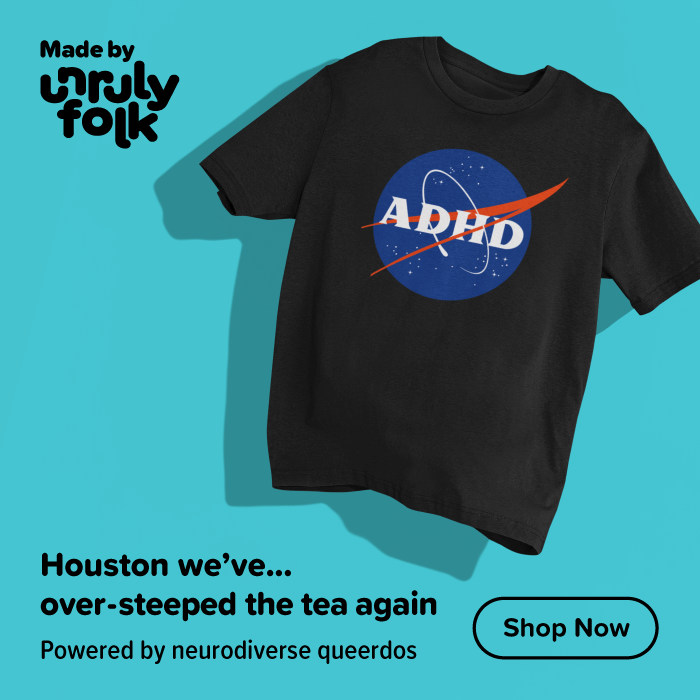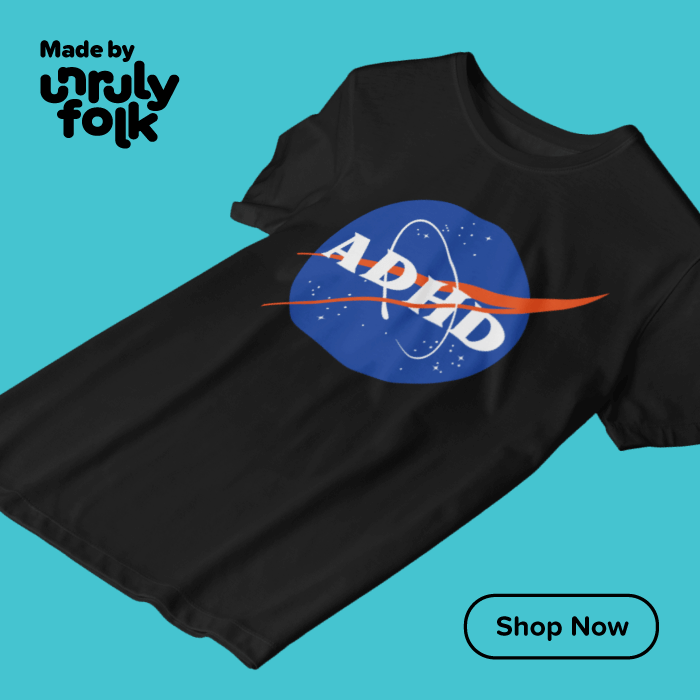As a vegan and animal rights advocate, the thought of watching Dog War, Andrew Abrahams‘ latest documentary, filled me with equal parts dread and anticipation. Premiering at the Raindance Film Festival on June 23rd, this film dives headfirst into the disturbing reality of the dog meat trade in South Korea. It’s a tough watch but an essential one, shedding light on a practice that many of us find unfathomable.
The Canine Crusaders: K9 Global Rescue
At the heart of Dog War are the brave souls from K9 Global Rescue, led by Jon Barocas. These combat veterans, haunted by past traumas, now channel their determination into rescuing dogs from the horrors of the meat trade. Barocas shares a poignant story about witnessing a dog hit by a car as a child, a formative moment that spurred his lifelong mission to save animals. This personal connection is the driving force behind the team’s relentless efforts, and it’s impossible not to be moved by their dedication.
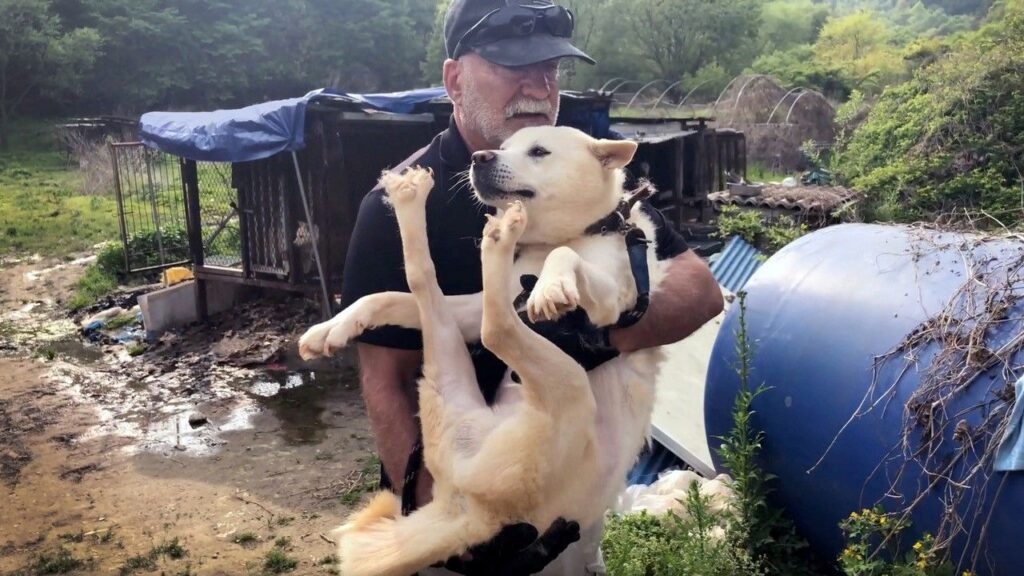
A Glimpse into Hell
Abrahams doesn’t shy away from showing the grim reality of dog farms. Visiting unregulated, “rougher” farms in rural Korea, the conditions are beyond horrific—tiny cages packed together, covered in filth, housing dogs piled on top of each other and barely alive puppies. It’s a scene straight out of a nightmare. Despite the disturbing content, Abrahams exercises restraint, focusing on the broader implications rather than constant gratuitous brutality. This approach ensures the film remains impactful without becoming completely unwatchable. Yes, a lot of moments hurt my heart, and sure, I would have preferred not to see them, but their inclusion was necessary. I get that.
Cultural Clash and Generational Shift
Dog War deftly navigates the cultural complexities surrounding the dog meat trade. Through interviews with a diverse range of individuals, including activists, politicians, and those involved in the trade, the film paints a nuanced picture of South Korea’s internal struggle.
Younger Koreans, often seen playing with puppies in dog cafes, express contradicting views on the consumption of dog meat. Annie Ham, who once ate dog meat without understanding its implications, now fosters a rescued dog named Cherry, who hides constantly, terrified of humans.
Park So-Youn, President of CARE, provides historical context, explaining that dog meat consumption surged during times of severe poverty and famine, not as a long-standing cultural practice. This perspective is echoed by Daisy Kim, a journalist, who notes that while older generations cling to these customs, the younger generation views it as intellectually lazy to avoid evolving past such practices in a time of abundance.
One of the most shocking revelations in Dog War is the deeply ingrained belief that consuming dog meat has health benefits, particularly for male sexual stamina. This notion, perpetuated by myths and unfounded historical texts, leads to horrifying practices such as injecting dogs with hormones and slaughtering them in brutal ways to supposedly enhance these effects. The documentary exposes these practices as nothing more than dangerous folklore. Sean Park, MD, debunks these claims, stating that there is no scientific evidence supporting the idea that dog meat has any special health benefits. These myths, rooted in desperation and outdated beliefs, continue to fuel a cruel industry that has no place in the modern world.
Heartbreaking and Hopeful Moments
Some of the most heartwarming scenes involve the rescue of stolen former pets discovered on the farms. The deep emotional connection between Jon Barocas and a Springer Spaniel, who he names Jesse, is palpable. Watching him navigate threats and negotiations to save her is gripping and profoundly moving. Jesse’s subsequent recovery and eventual adoption by her rescuer is a testament to the resilience and compassion of both the animals and their saviours.
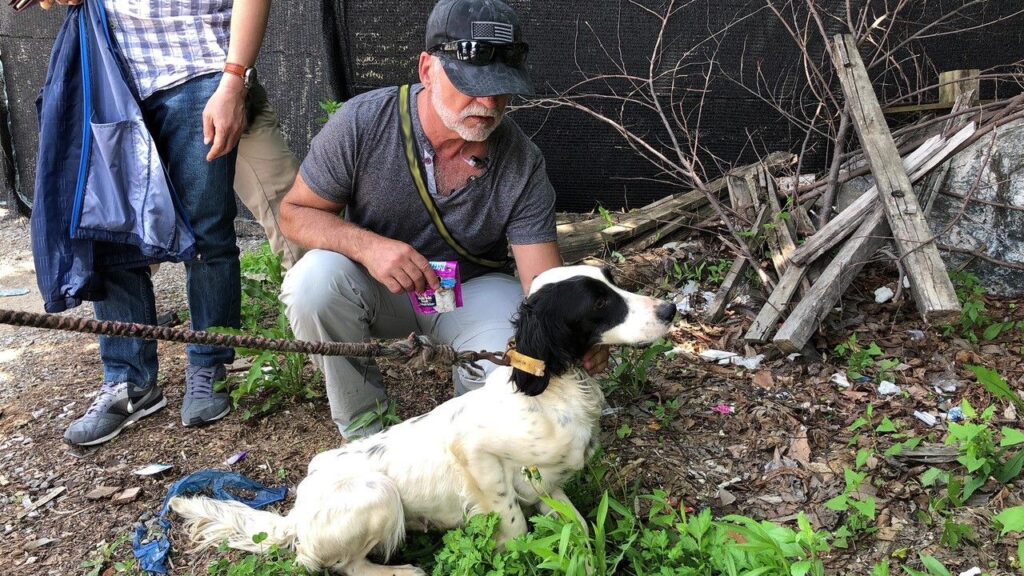
Challenging Ethical Questions
Dog War raises difficult ethical questions about intervention and cultural imperialism. When Americans like Barocas risk their lives to save these dogs, it’s seen by some as an assault on Korean heritage. Yet, as Abrahams highlights, many Koreans themselves are divided on the issue, with growing numbers advocating for change. The film doesn’t offer easy answers but instead invites viewers to reflect on these complex dynamics.
A Personal Journey
For me, Dog War is an urgent plea for all of us to pay attention. Abrahams’ ability to capture the raw emotions of the rescuers, their triumphs, and their heartaches makes this film deeply personal. The stories of bravery, like that of Barocas and his team infiltrating a huge farm and using drones to capture live footage of dogs being killed, are both inspiring and heartbreaking. Their perseverance leads to significant victories, such as the shutdown of notorious farms and the rescue of beloved pets like Jesse.
In a significant development, South Korea recently banned the dog meat trade, with the law set to take effect after a three-year grace period. This victory, however, is met with threats from the Dog Meat Association to flood Seoul’s streets with two million dogs in retaliation. Dog War ends on a hopeful yet unresolved note, reminding us that the battle for animal rights is far from over.
Dog War is a powerful documentary that challenges viewers to confront uncomfortable truths. It’s a story of courage, compassion, and the ongoing struggle for a more humane world. For anyone who cares about animal rights, it’s a must-watch.
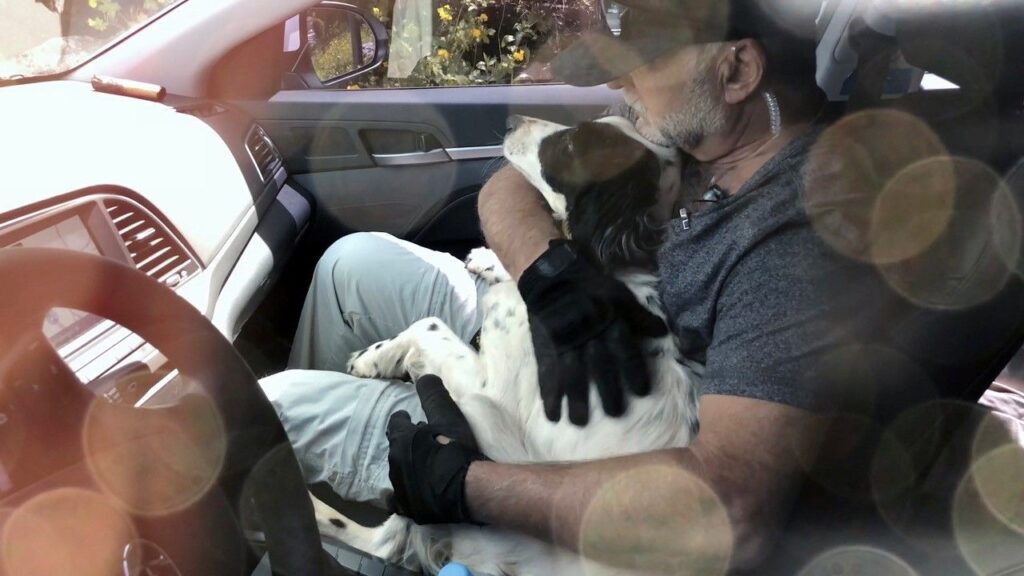
TL;DR Review
Dog War
Dog War hit me hard as a vegan and an animal lover. This documentary follows combat veterans rescuing dogs from the South Korean meat trade. It's both heartbreaking and hopeful, showing the grim reality while celebrating the bravery of those fighting for change. The personal stories of the rescuers and the dogs they save really got to me—especially the bit about Jon Barocas and his formative childhood moment. And I appreciated how the film tackled the complex cultural issues with nuance. Sure, it could have gone deeper in some areas, but overall, it's an eye-opening and inspiring watch. I'm giving it a solid 8.5/10. If you care about animal rights, this is a must-see.
PROS
- Emotional Impact
- Balanced Perspective
- Inspiring Stories
- Educational
CONS
- Disturbing Content
- Limited Focus





